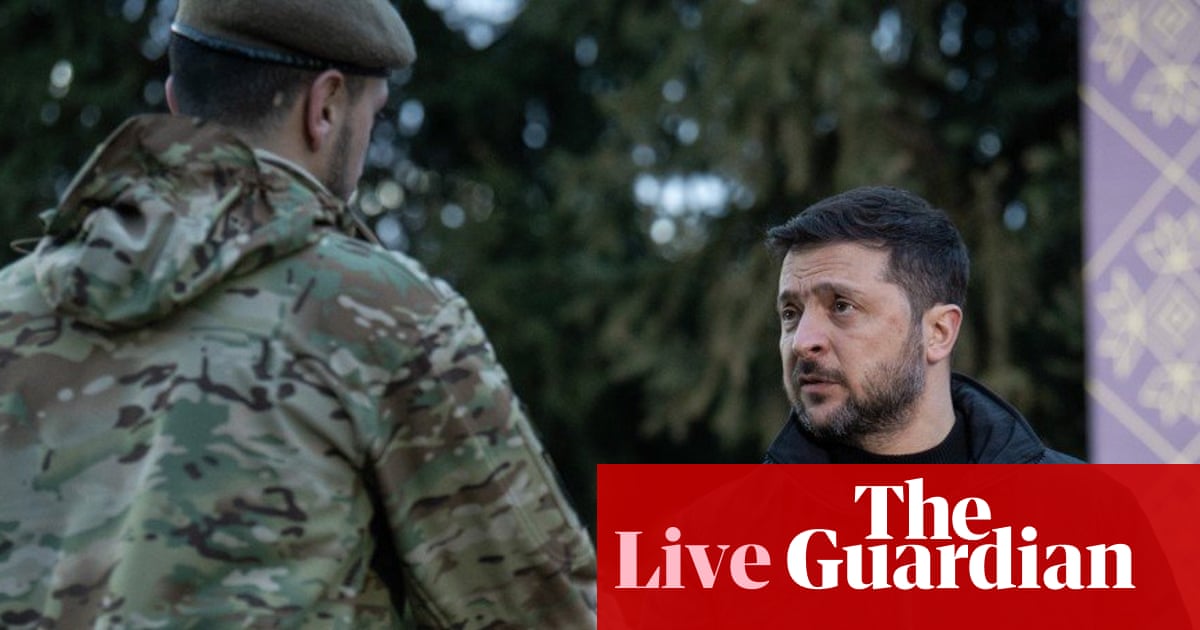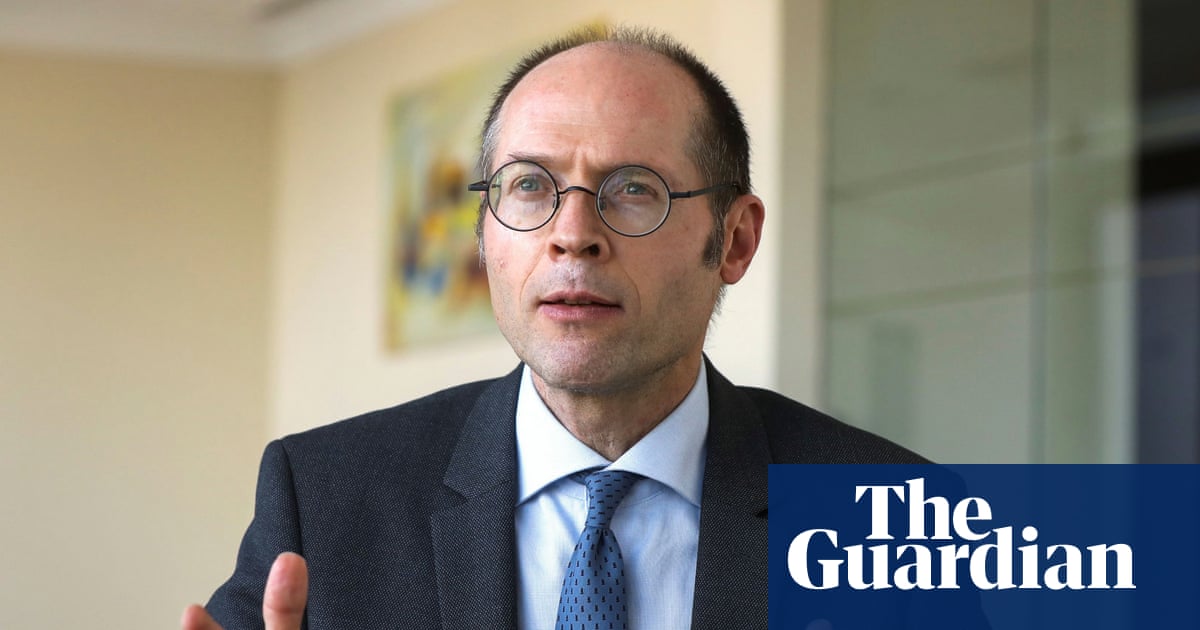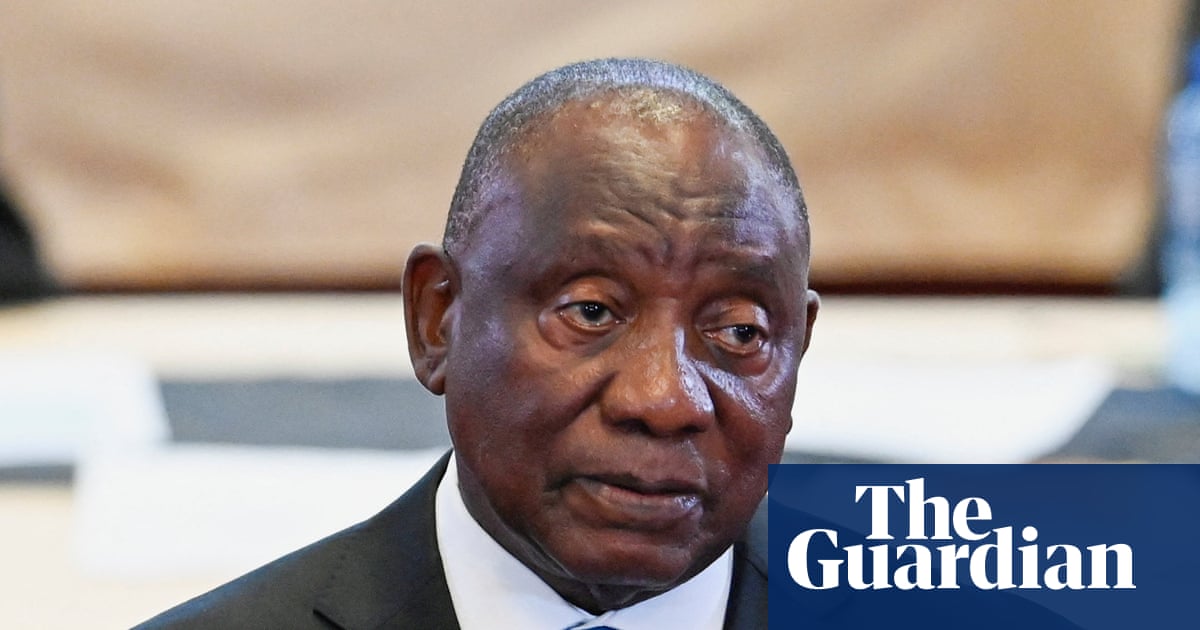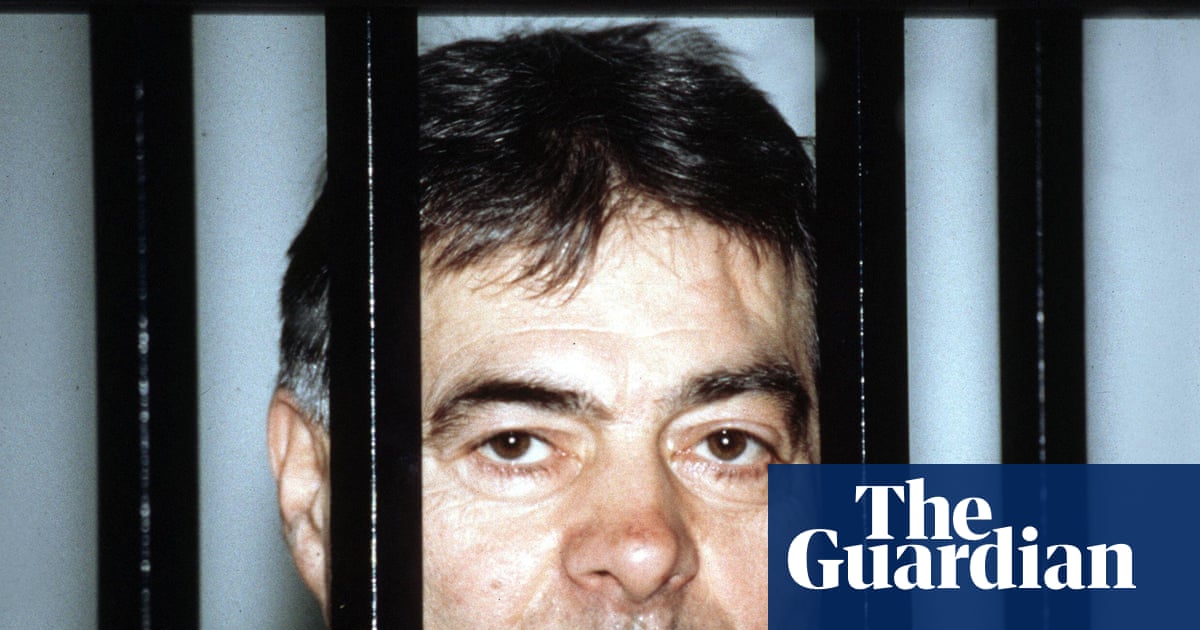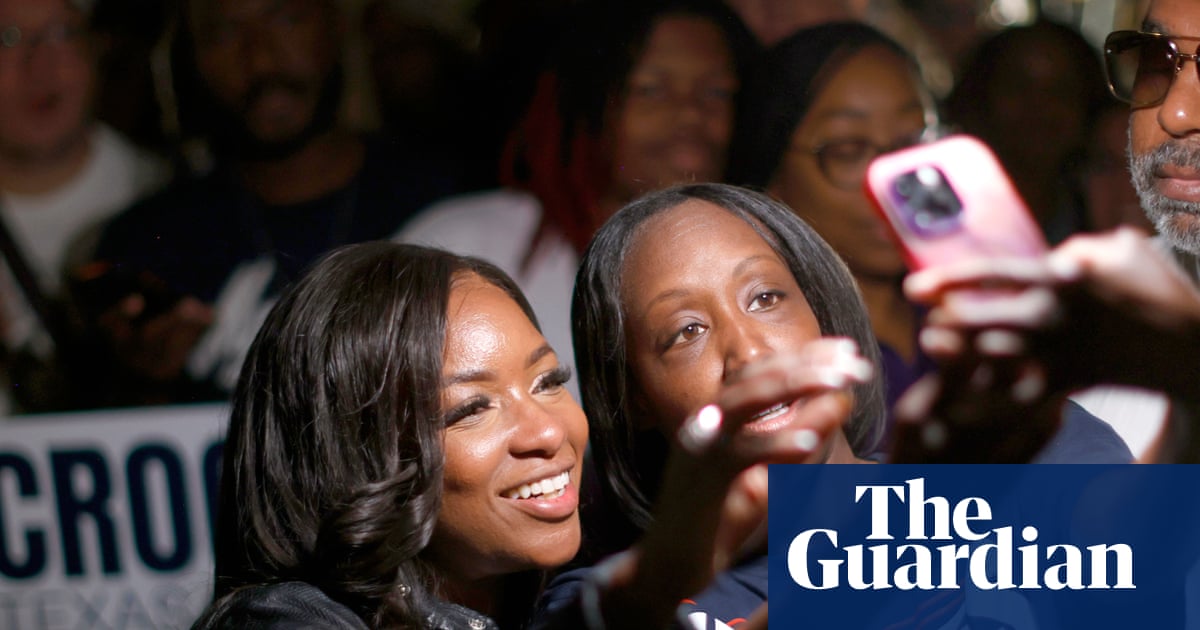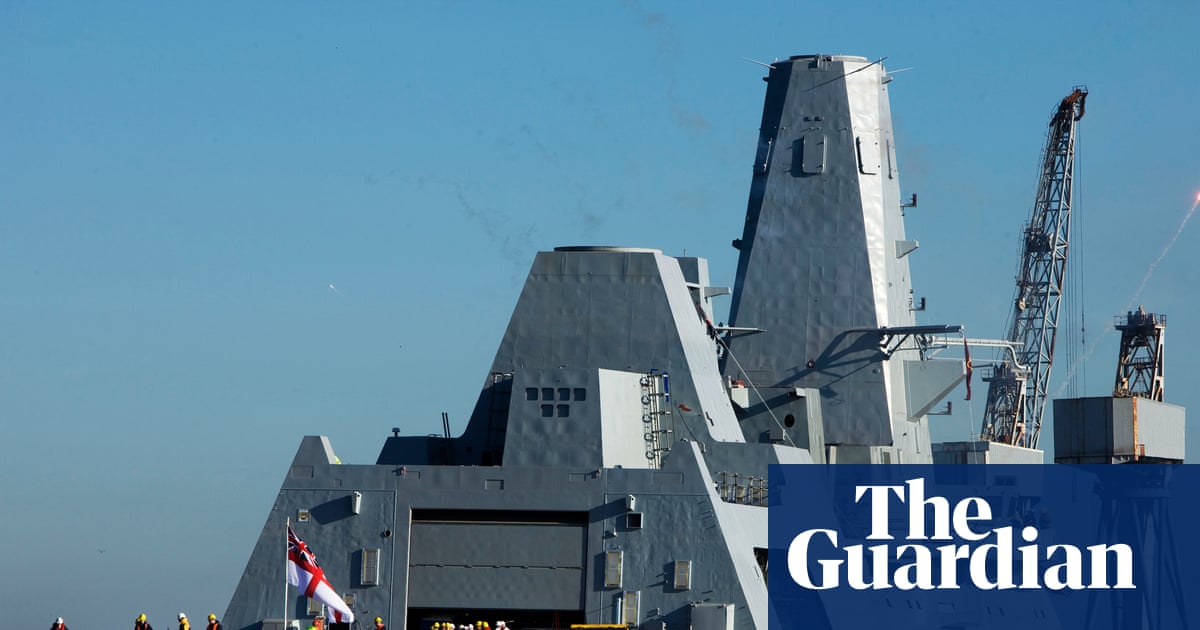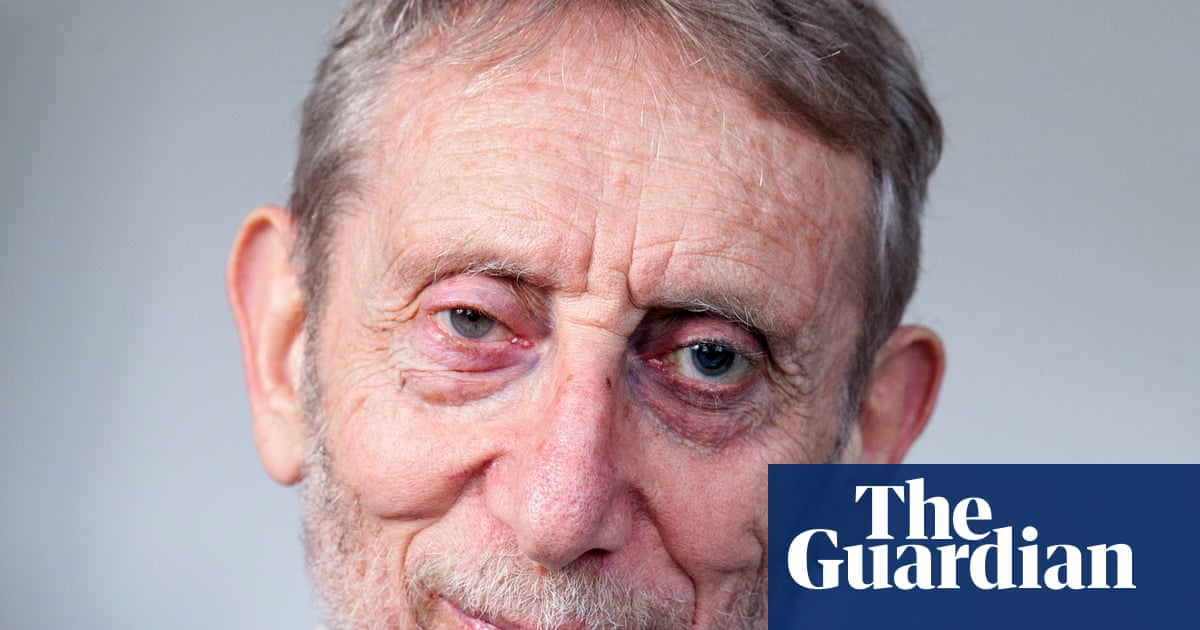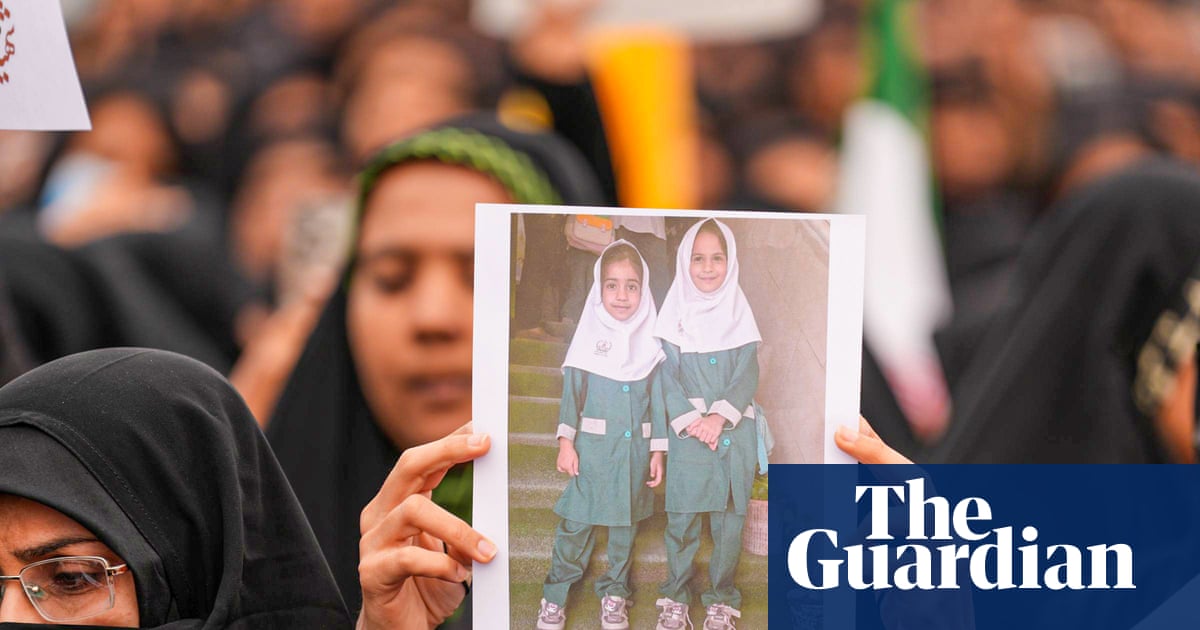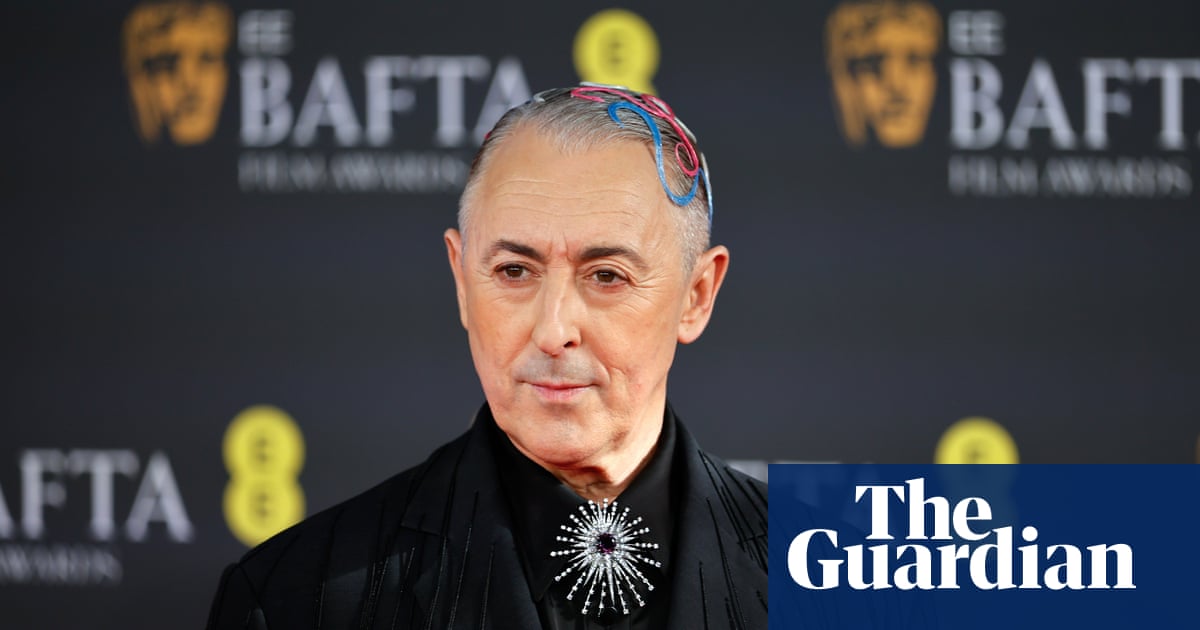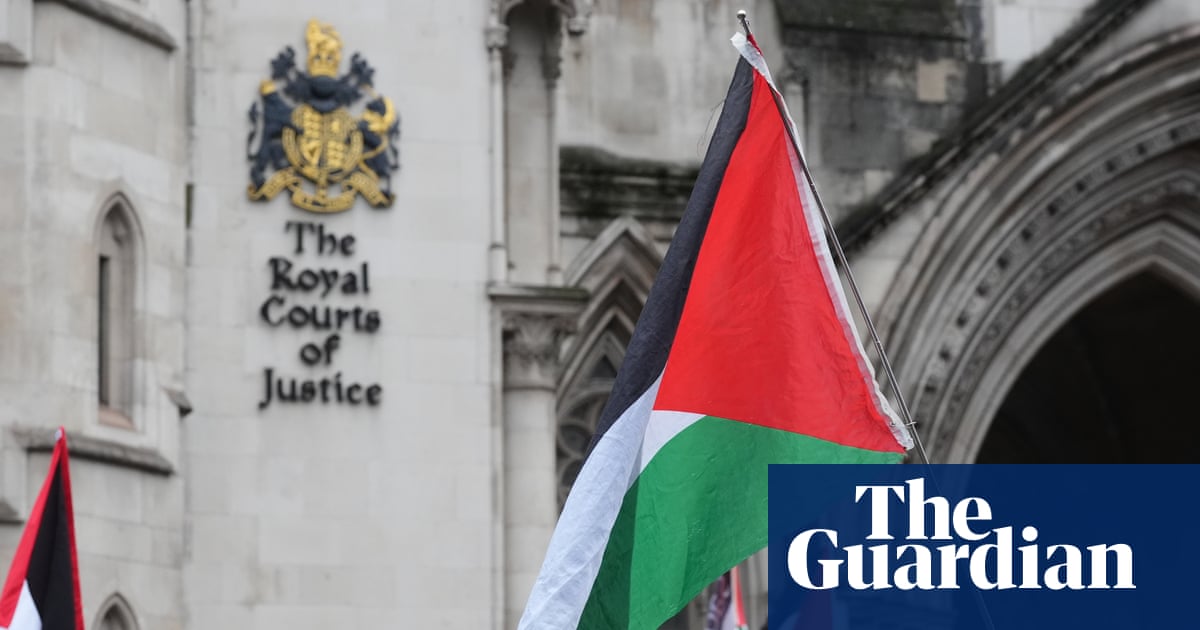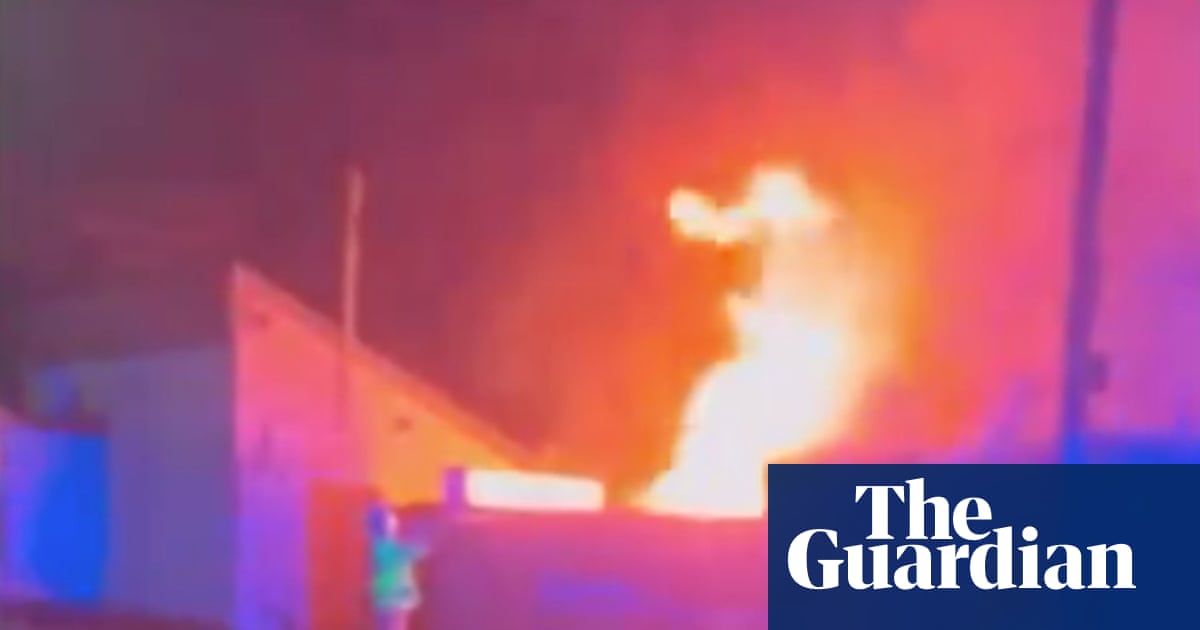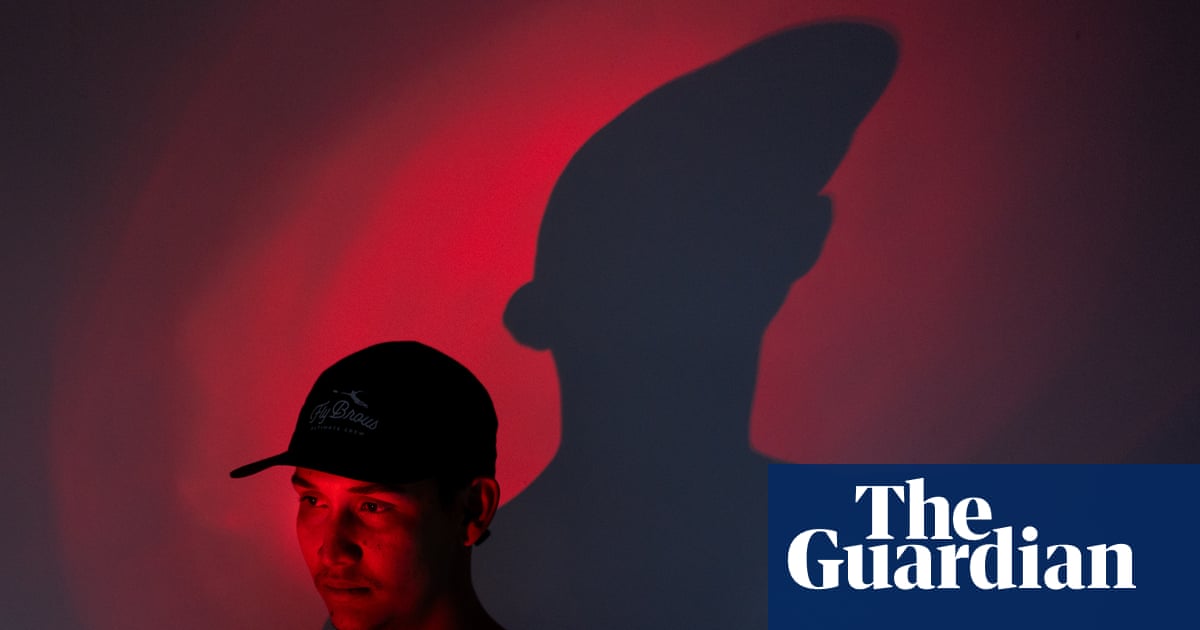EU tightens rules on visas for Russians amid ongoing Ukraine aggression
The European Commission has adopted stricter rules for issuing visas to Russian nationals to enter the European Union in response to what it said were “increased security risks stemming from Russia’s unprovoked and unjustified war of aggression against Ukraine.”
Under the new rules, “Russian nationals will no longer be able to receive multiple-entry visas,” and have to apply individually every time they plan to travel to the EU, the commission said.
“The goal is to mitigate threats to public policy and internal security while allowing exceptions for limited and justified cases such as independent journalists and human rights defenders, ensuring uniform application across Member States and preventing circumvention,” it explained.
All applications made by Russian nationals will also be subject to “enhanced verification procedures and elevated levels of scrutiny,” the statement read.
EU’s foreign policy chief Kaja Kallas stressed that “travelling to and freely moving within the EU is a privilege, not a given.”
Key events Show key events only Please turn on JavaScript to use this feature
Centrist D66 party formally confirmed as winners of Dutch election
Meanwhile, we now have a formal confirmation that the centrist D66 party triumphed in last week’s parliamentary election in the Netherlands, setting its 38-year-old leader, Rob Jetten, on course to become the country’s youngest-ever prime minister, AFP noted.
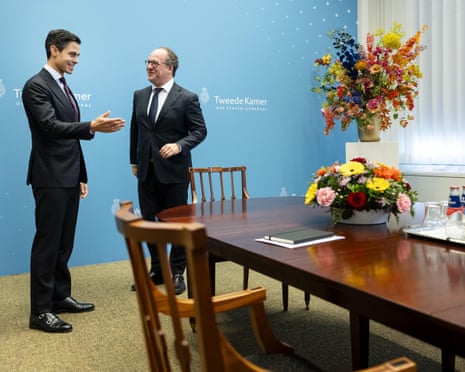
Jetten scored a razor-thin victory of 29,668 votes over anti-Islam leader Geert Wilders and his PVV party, the Dutch Electoral Council said, after an election seen as a bellwether for the rise of Europe’s far right.
A total of 15 parties won seats in parliament, including a party campaigning for animal rights and a group representing the interests of people over 50.
The coalition talks formally started earlier this week, and are expected to continue for weeks or even months.

Jakub Krupa
Just to add a word on Orbán’s potential domestic motives for getting closer to Trump…
Close watchers of central eastern European politics will know that there is a precedent for what some experts believe Orbán is trying to achieve here.
Earlier this year, Poland’s Karol Nawrocki was endorsed by Trump in the final weeks of the presidential campaign in May, and repeatedly praised by the US president and his senior administration officials before he unexpectedly won the election in June.
You could see why Orbán would want to emulate that success.
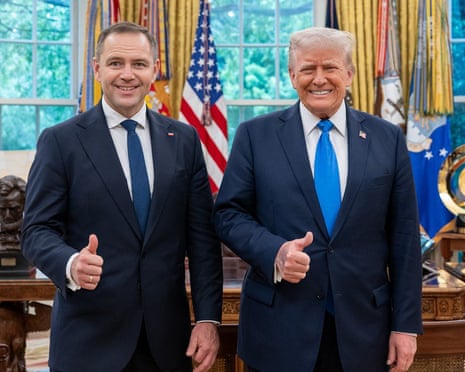
Orbán to visit US to try to broker another Putin summit but questions raised over motives
Andrew Roth in Washington and Flora Garamvolgyi in Budapest
In other news, Viktor Orbán will visit the White House on Friday as Hungary’s far-right prime minister tries to broker another summit between Donald Trump and Vladimir Putin that his advisers claim could help end the war between Russia and Ukraine.
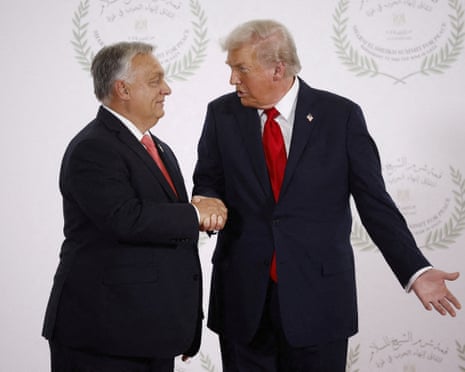
Orbán, who has proposed hosting the summit in Budapest, will also seek an exemption from US sanctions against Russian energy in what will be a major test of Trump’s tougher line on the Kremlin after he accused Putin of slow-rolling negotiations to end the conflict.
Yet Orbán’s priority, insiders say, is to get Trump to visit Hungary as he faces an unprecedented domestic challenge from a new opposition leader ahead of the parliamentary elections in April. A visit by Trump would reinforce Orbán’s role as a statesman and energise his conservative base, his advisers believe.
“Orbán wants Trump to come to Budapest before the elections,” said a source working for a Hungarian government foreign policy institution. “This is a top priority. They will discuss the Russian gas issue, but the thing Orbán cares about the most is the elections.”
Morning opening: Drones, once again

Jakub Krupa
Brussels and Liège airports in Belgium faced disruptions overnight once again over suspected drone sightings, just hours after the Belgian government’s national security council discussed its response to the emerging threats.
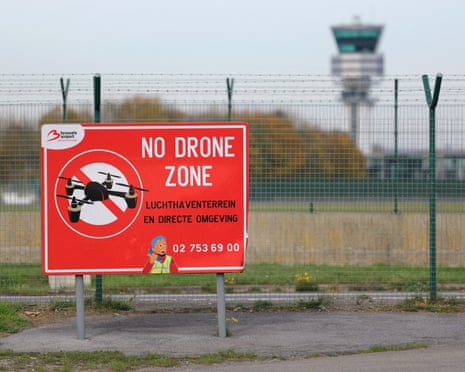
Both airports reported limited effect on their operations.
More unconfirmed drone sightings were also reported in the vicinity of the Doel nuclear power plant and the nuclear research center SCK in Mol, as reported by Het Laatste Nieuws, and Antwerp port, as per VRT.
Amid growing frustration with the continuing problem, Belgium is expected to receive anti-drone support from the German army, local media reported, in a bid to put an end to the repeated incidents of drone sightings near civil airports and military bases.
Separately, Sweden’s second-largest airport in Gothenburg also reported drone disruptions, prompting police to open an investigation into “suspected aviation sabotage.”

The incidents come as a top German military official issued a stark warning that Russia would have capacity for a limited strike against Nato territory at any time, Reuters reported.
“If you look at Russia’s current capabilities and combat power, Russia could kick off a small-scale attack against Nato territory as early as tomorrow,” Lt Gen Alexander Sollfrank told Reuters in an interview. “Small, quick, regionally limited, nothing big – Russia is too tied down in Ukraine for that.“
Sollfrank said whether Moscow might choose to attack Nato would be determined by three factors: Russia’s military strength, military track record and leadership, Reuters reported.
“These three factors lead me to the conclusion that a Russian attack is in the realm of the possible. Whether it will happen or not depends to a large extent on our own behaviour,” he added, alluding to Nato’s deterrence efforts.
Let’s see what reactions we are going to get to these latest incidents.
It’s Friday, 7 November 2025, it’s Jakub Krupa here, and this is Europe Live.
Good morning.

 3 months ago
92
3 months ago
92
